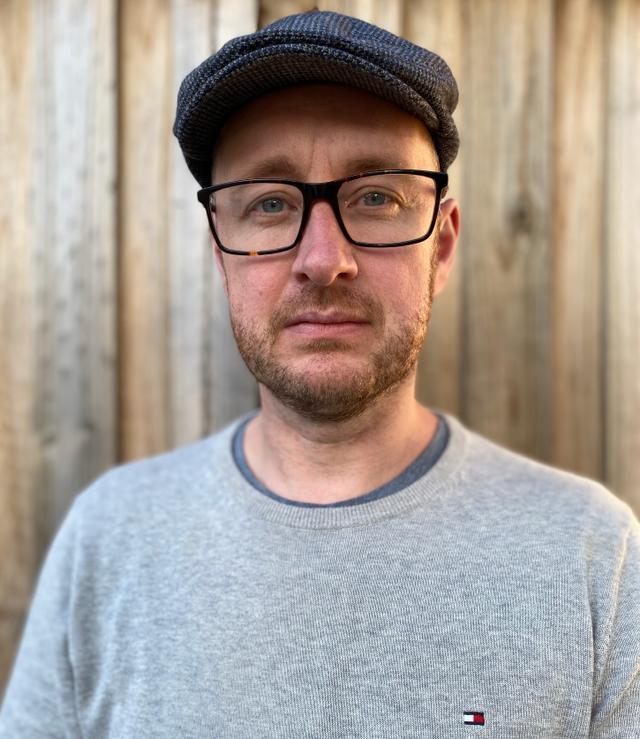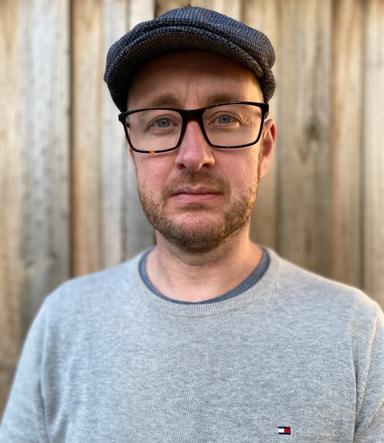The Book Burner's Apprentice
The evening dims, and a flickering ochre
hazes the milling crowd, their faces shadowed
with anticipation, bent toward the ritual.
They’ve gathered for the burning. He’s sure-handed;
close enough to the flames, protected by
his heavy fireproof gloves; the dead zones
in his bunker gear buffering the lethal heat.
The biggest risk, he tells me, is that a page
might be seen, or fly off — never stolen —
so it’s best to stand close in. Underhand
for the weighty ones; a more direct hurl —
the way you’d fling a stone, or a dead bird —
for lighter tomes. I am here for learning;
not the dangerous kind, but the art of conflagration.
Rage is for the mob; he burns with a clear mind.
How keen they are for spark and ember!
More vulnerable than we are, they creep as near
as the incandescent air allows. It's difficult
to tell one from the next; a common rictus writes
the truth of their desire for restitution on their
brows. He told me, once, that knowledge of
the price of wisdom makes a people certain
in their ignorance. One night, a man, not forty yet,
took such exception to an unburnt pamphlet
that he reached into the flames. I wondered, briefly,
if there was a word for the smell of scorched flesh,
then put that treason back into its recess.
I feed him ancient books, night by blazing night.
I know better than to be curious. My eyes remain
downcast at all times; turned away from his especially.
Is there something fatherly in the way he accepts
each volume from my hands? I couldn’t tell you.
This is as close as I’ve been to all of that.
He teaches me the craft. Tinder and kerosene;
bucket; damping hose. How to inflame the crowd
by waiting, book in hand, for just the moment
to hurl the first; how to reek of certainty in every
movement — conviction through confidence:
you need them to believe in you, and in the flames.
Last night, I saw him catch a stranger’s eye.
She stood apart, calmly mutinous; unruffled by
the mob. Almost his perfect mirror. His face
a shooting star of hesitation; a flicker of incertitude.
A less-than-perfect throw flapped out a page or two.
No doubt he hoped he’d covered it. I saw enough.
This morning, I was sure I heard the impossible sound
of pages turning. Nothing beyond the burning pit;
those were the rules we swore to live by.
It’s my time now. He’s been gone a week. It feels
a different stage — the crowd’s laser-beam stares
have a weight to them. Heavy as hardbacks.
And it’s hard to breathe in his old mask. I wonder
if he, too, felt like a pretender at the beginning;
how he kept his eyes from lingering on the ink.
There’s a place out west, it’s whispered, beyond safety
and society, where burning’s banned, and books
are wanted. I don’t want to think that he made it.
The flame is the beginning and the end. Ideas
scratched down in ink on pages simply burn.
There are lines behind my eyes I can’t unsee.

